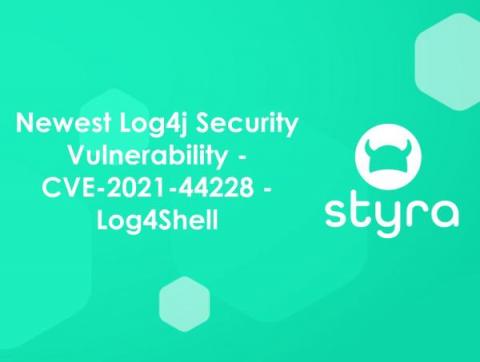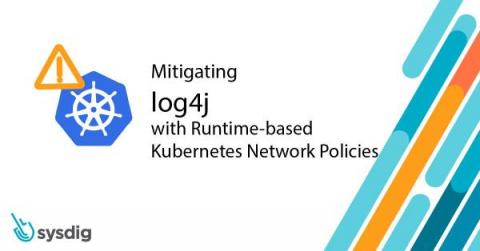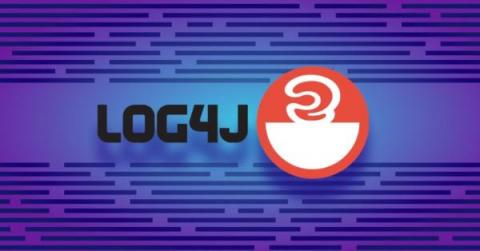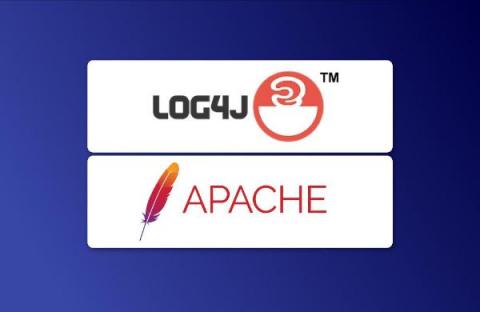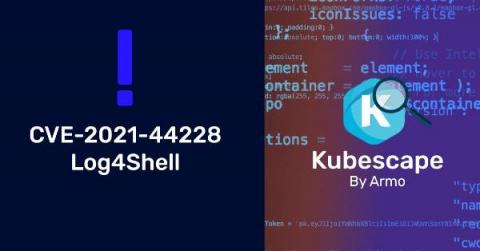Newest Log4j Security Vulnerability - CVE-2021-44228 - Log4Shell
Styra Declarative Authorization Service (DAS), both SaaS and self-hosted, as well as Open Policy Agent (OPA), are not affected by the Log4j security vulnerability. The newest Apache Log4j Java-based logging utility vulnerability (CVE-2021-44228) was disclosed to Apache by Alibaba's Cloud Security Team on November, 24 2021 by Chen Zhaojun and published on December, 9 2021.


